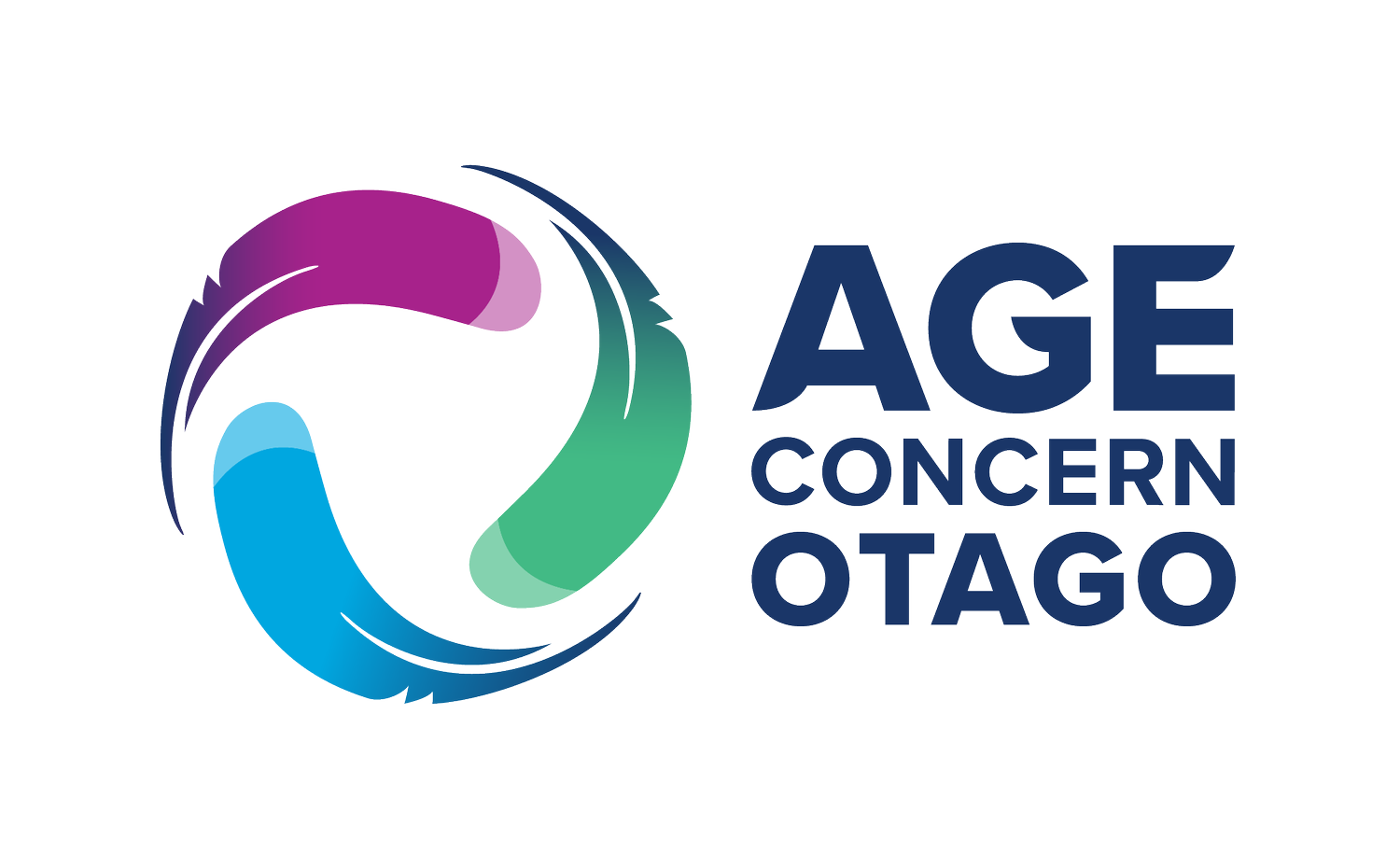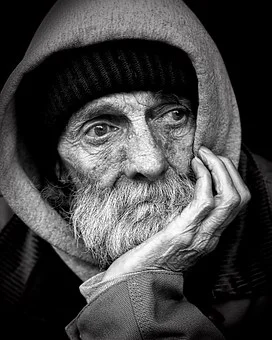What can you do to
stop elder abuse?
If you feel something is not right...
Tell someone!
Report suspected mistreatment to your local Elder Abuse and Neglect Response Service (EARS) or make a referral using the contacts on this page.
If you believe an older person is in a life-threatening situation, phone 111 or your local police station.
Help raise awareness by
Talking about the issue
Challenging injustice and ageist stereotypes
Be an advocate
Treat older people / kaumātua with respect
Love and cherish your older relatives / kaumātua
Keep in contact and talk with older friends,whānau, neighbours and relatives frequently
Support older people / kaumātua to spend their money how they wish.
Encourage and support older people / kaumātua to make their own decisions.
Honour older people’s / kaumātua’s wisdom
Be aware and alert for possibility of abuse
Look around and take note of what may be happening with your kaumātua, older neighbours and acquaintances
Ask questions and listen
Know how to recognise signs of elder abuse and neglect.
It’s not OK for older people to be abused or neglected by family, whānau, friends, or caregivers.
Older people / kaumātua have the right to make their own choices and decisions even if we don’t agree with them. They have the right to spend their money as they choose.
What are the warning signs?
The following MAY indicate an older person is being abused:
• Unexplained behaviour, sleeping or eating habits
• Withdrawal and/or edginess
• Fear of a particular person
• Confusion
• Unexplained injuries
• Drowsiness (due to over-medication)
• Recoiling from touch
• Unusual withdrawals from bank accounts
• Unpaid bills, lack of money for
necessities.
Elder abuse thrives in secrecy. If you have concerns about how you are being treated, speak out.
Why don’t older people seek help when they are abused?
Some of the reasons why an older person does not tell anyone about the abuse are:
They blame themselves for the abuse
They are ashamed that the abuser is a family member
They depend on the abuser for support
They have low self-confidence and self-esteem
They don’t want to make a fuss
They are afraid that if they complain the abuse will get worse
They are isolated, making it difficult for them to tell anyone
They do not know who to tell or how to get help
They have dementia or an illness that prevents them from telling anyone.
If you are concerned about violence, there people who can help or offer information
The Elder Abuse helpline will help you work through these issues and put you in touch with support services near where you live. This service is free, staffed by nurses, and completely confidential. It is available all day, every day. Call 0800 32 668 65 (0800 EA NOT OK).
Recent research about elder abuse in New Zealand can be found here



